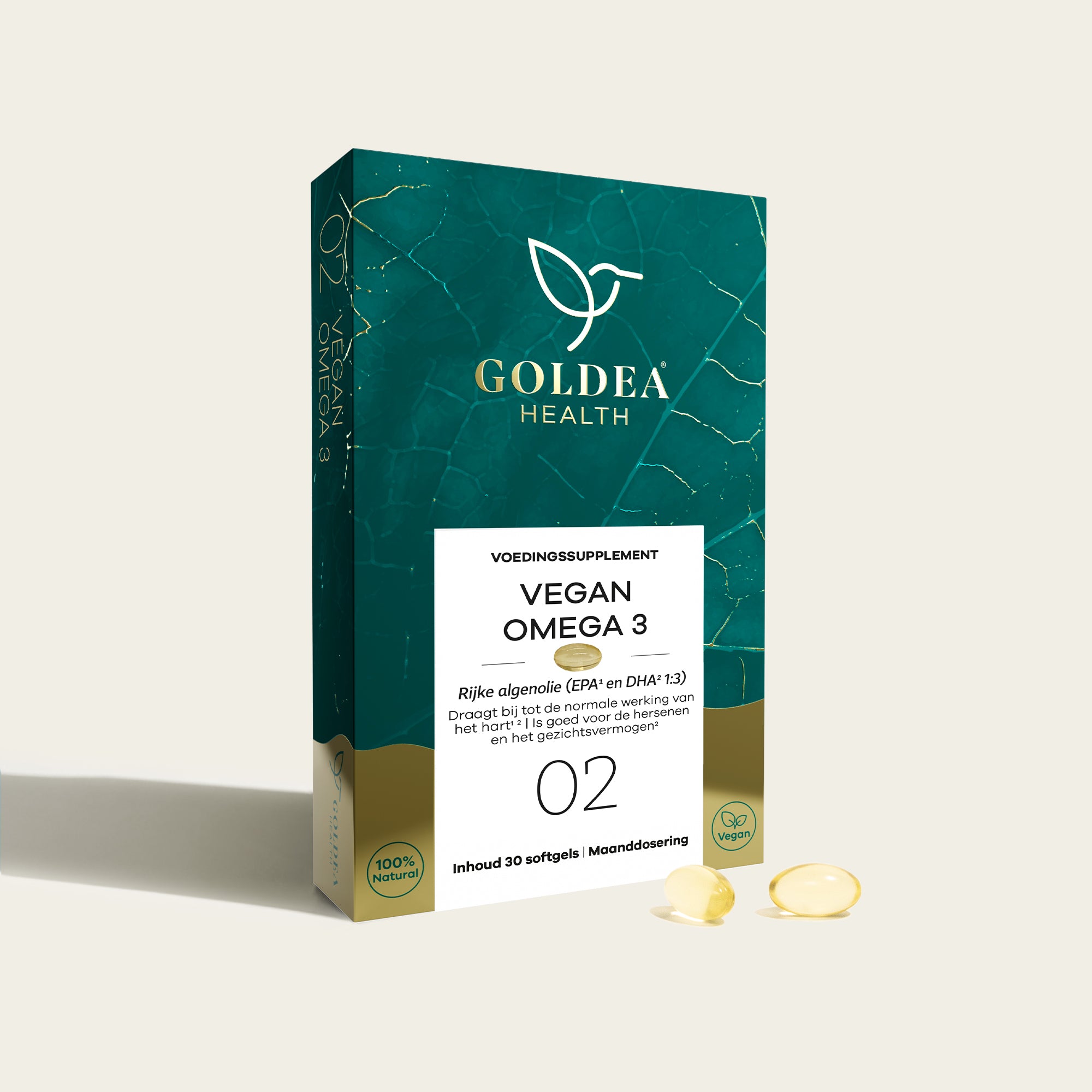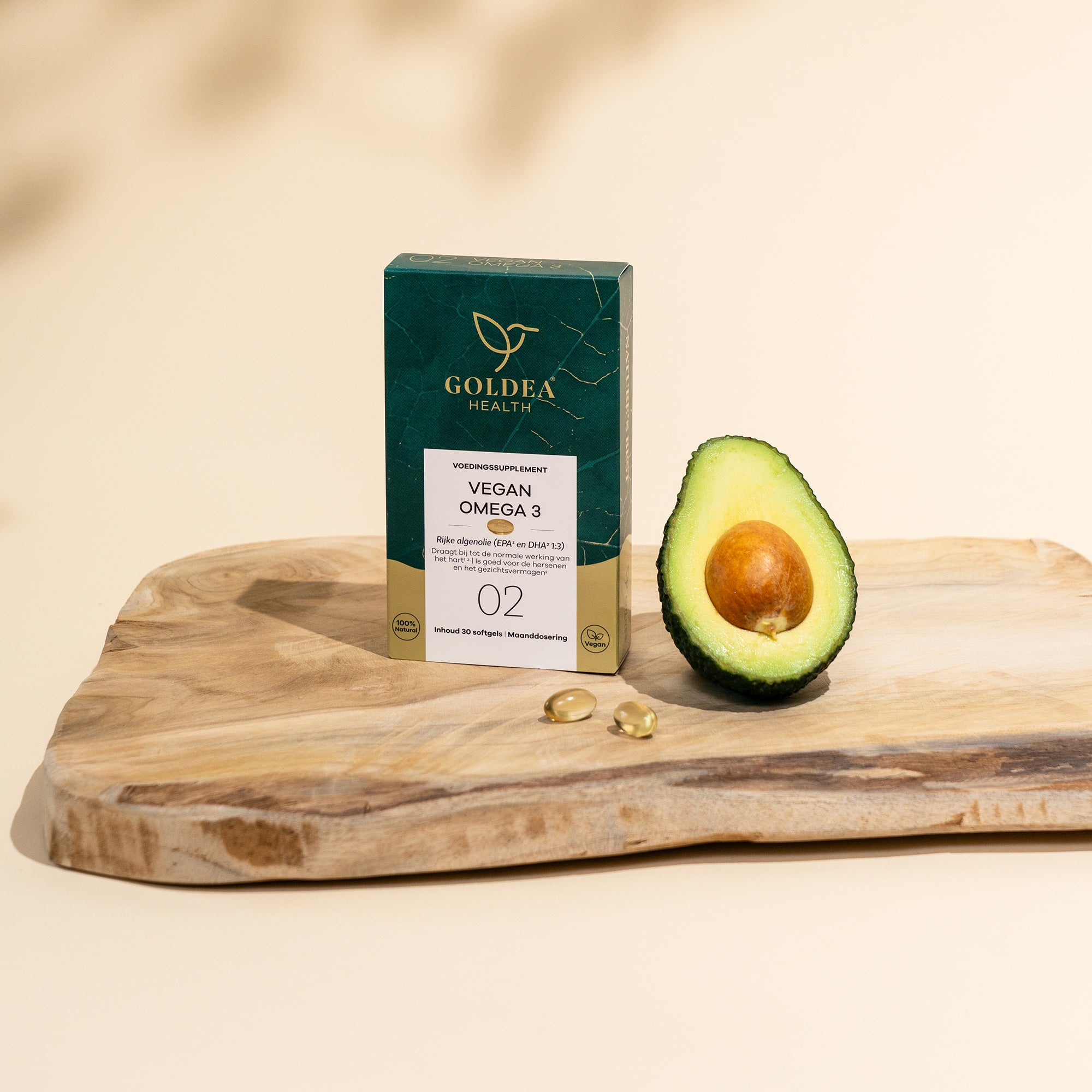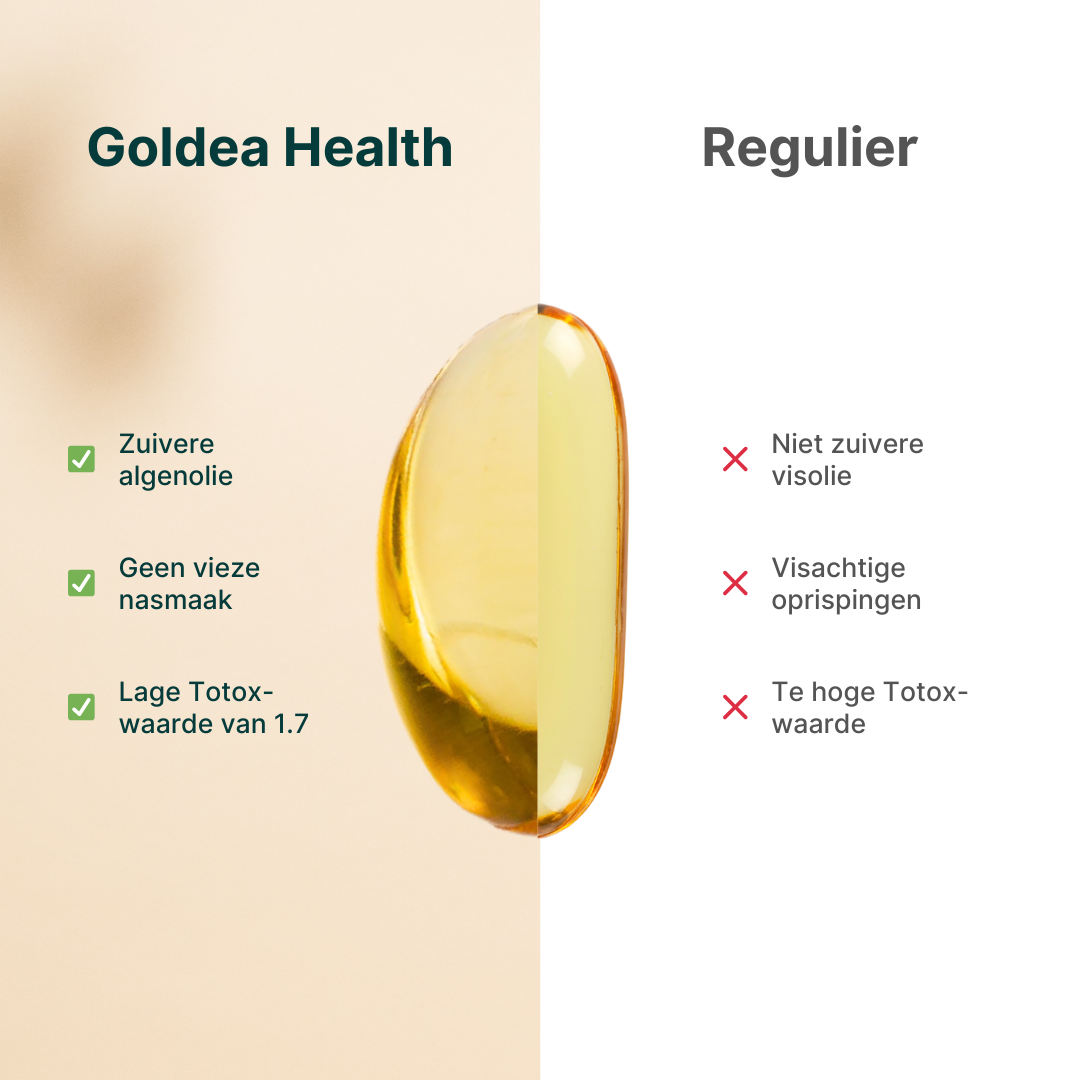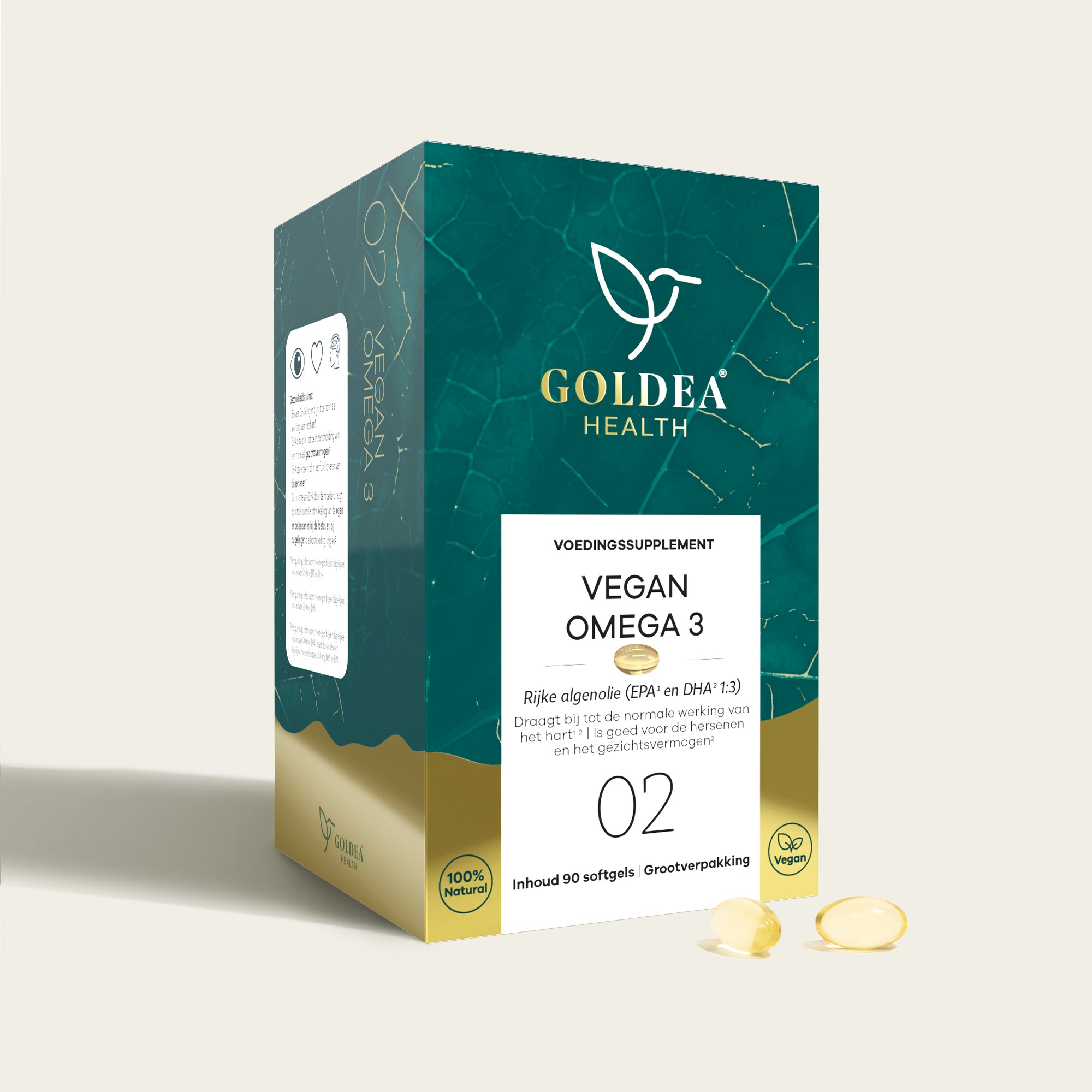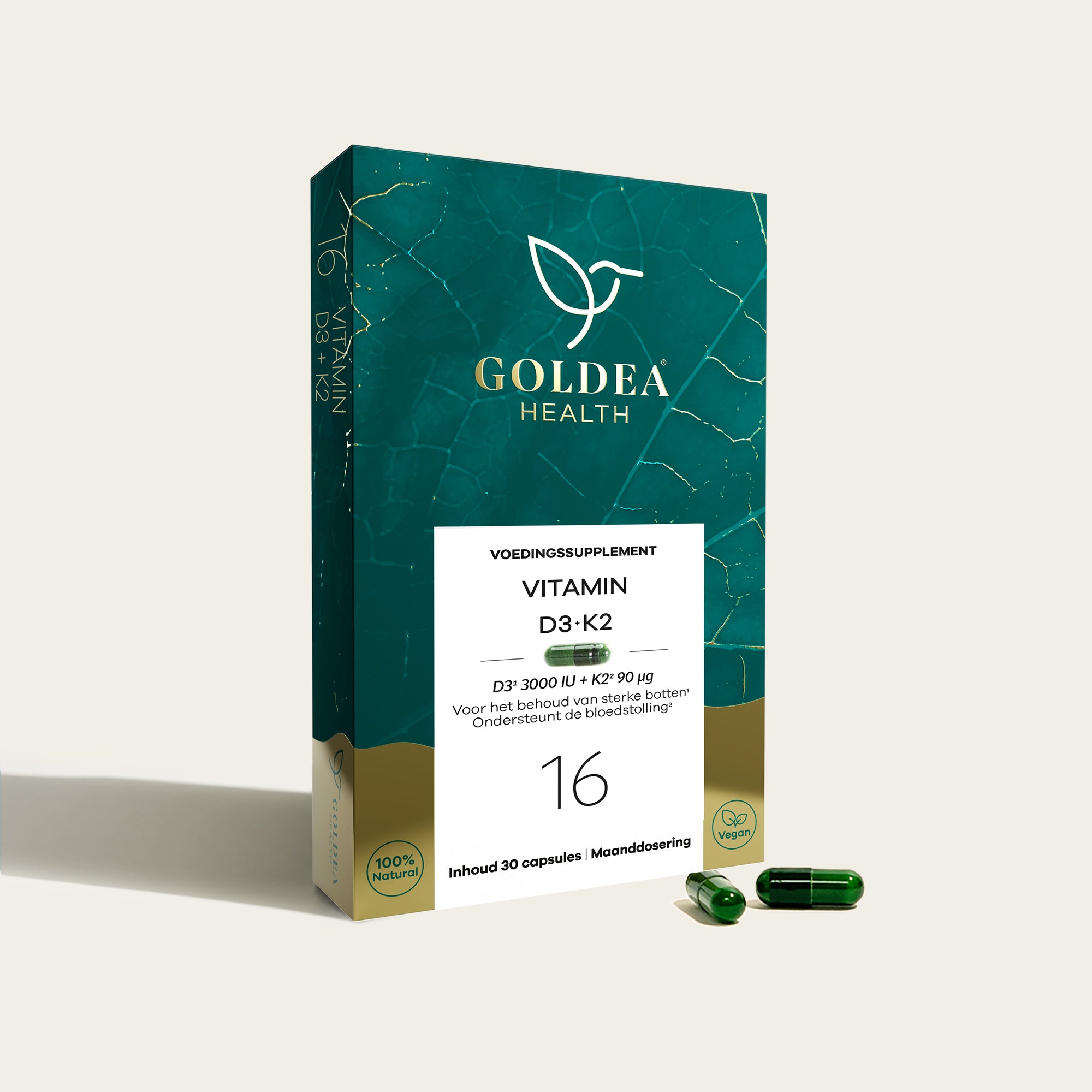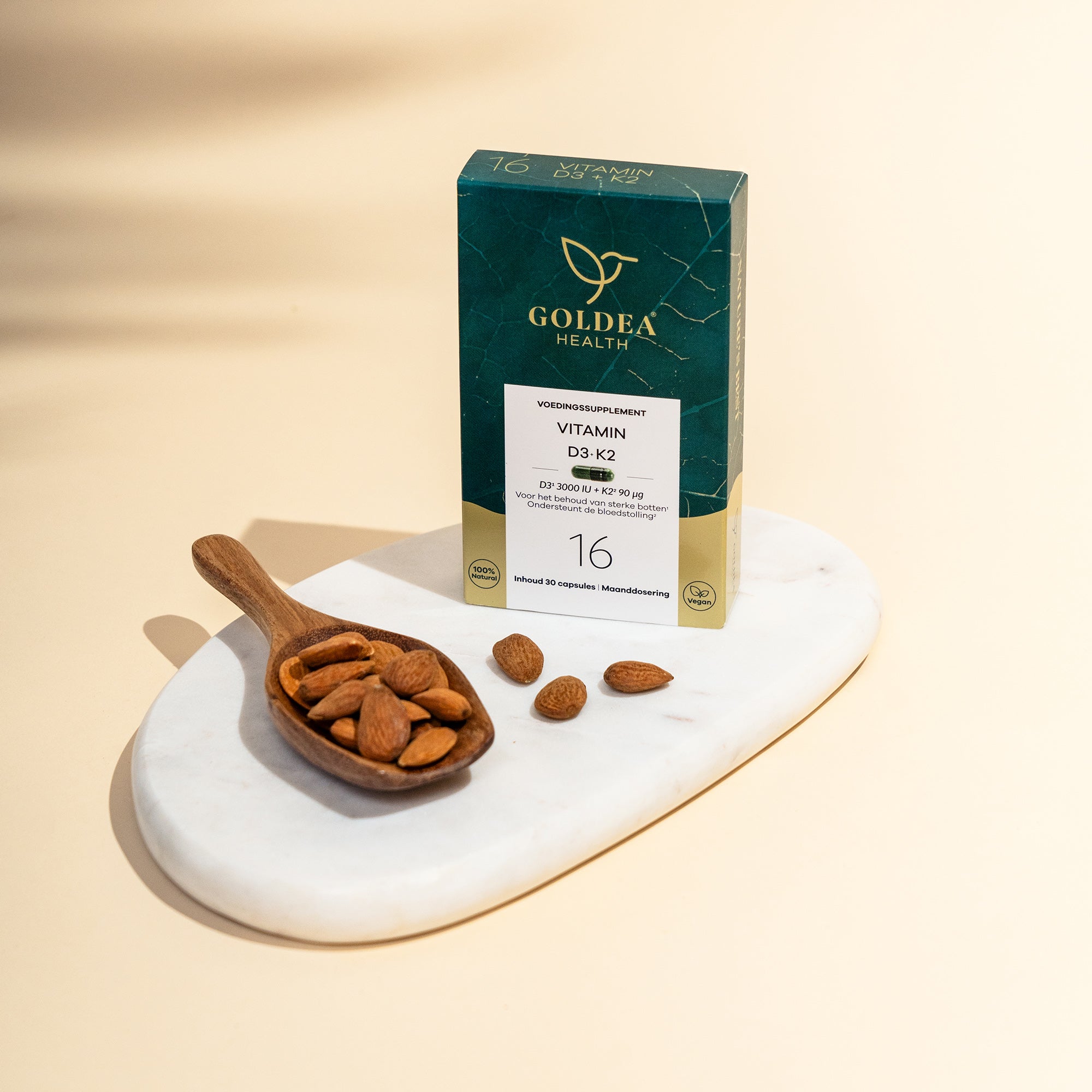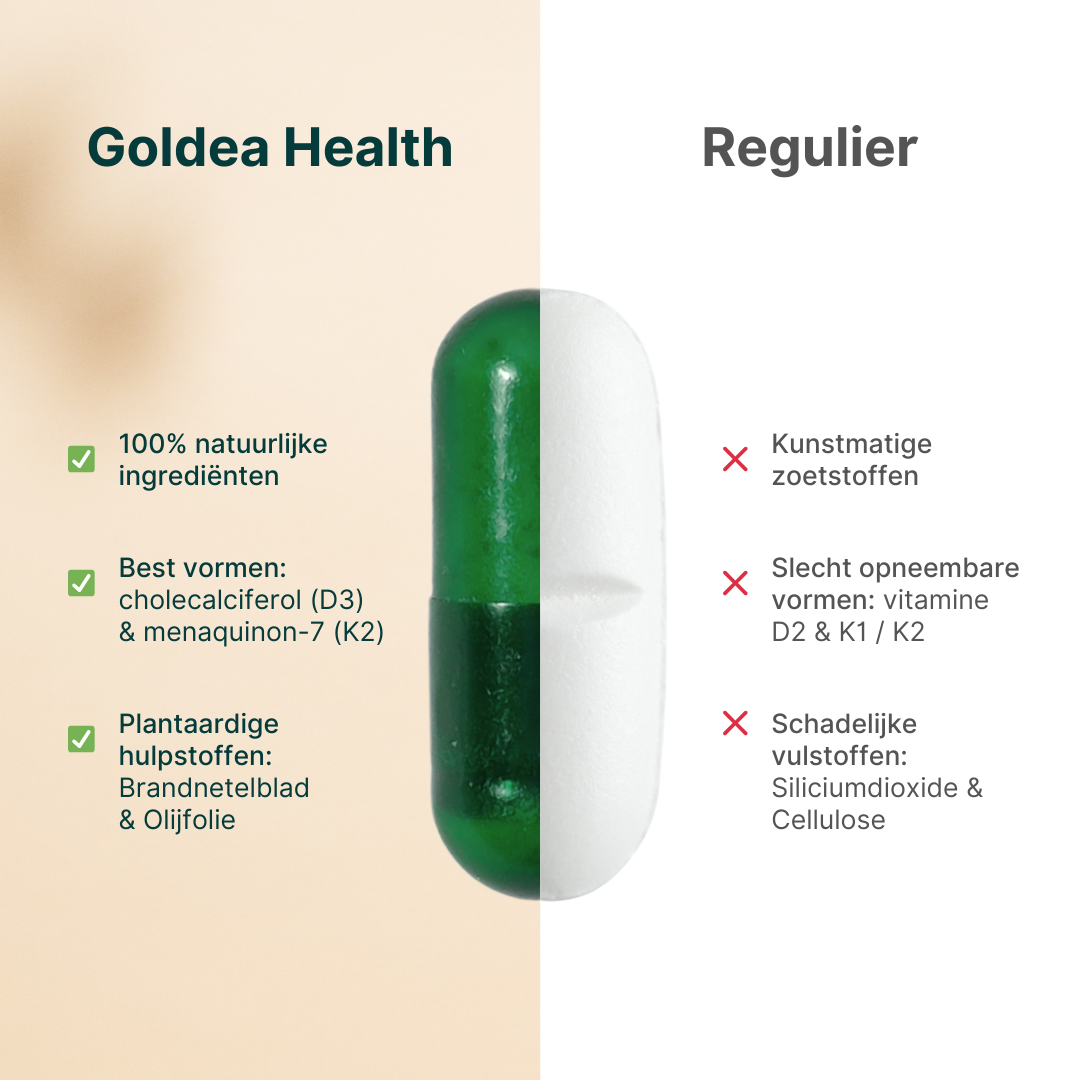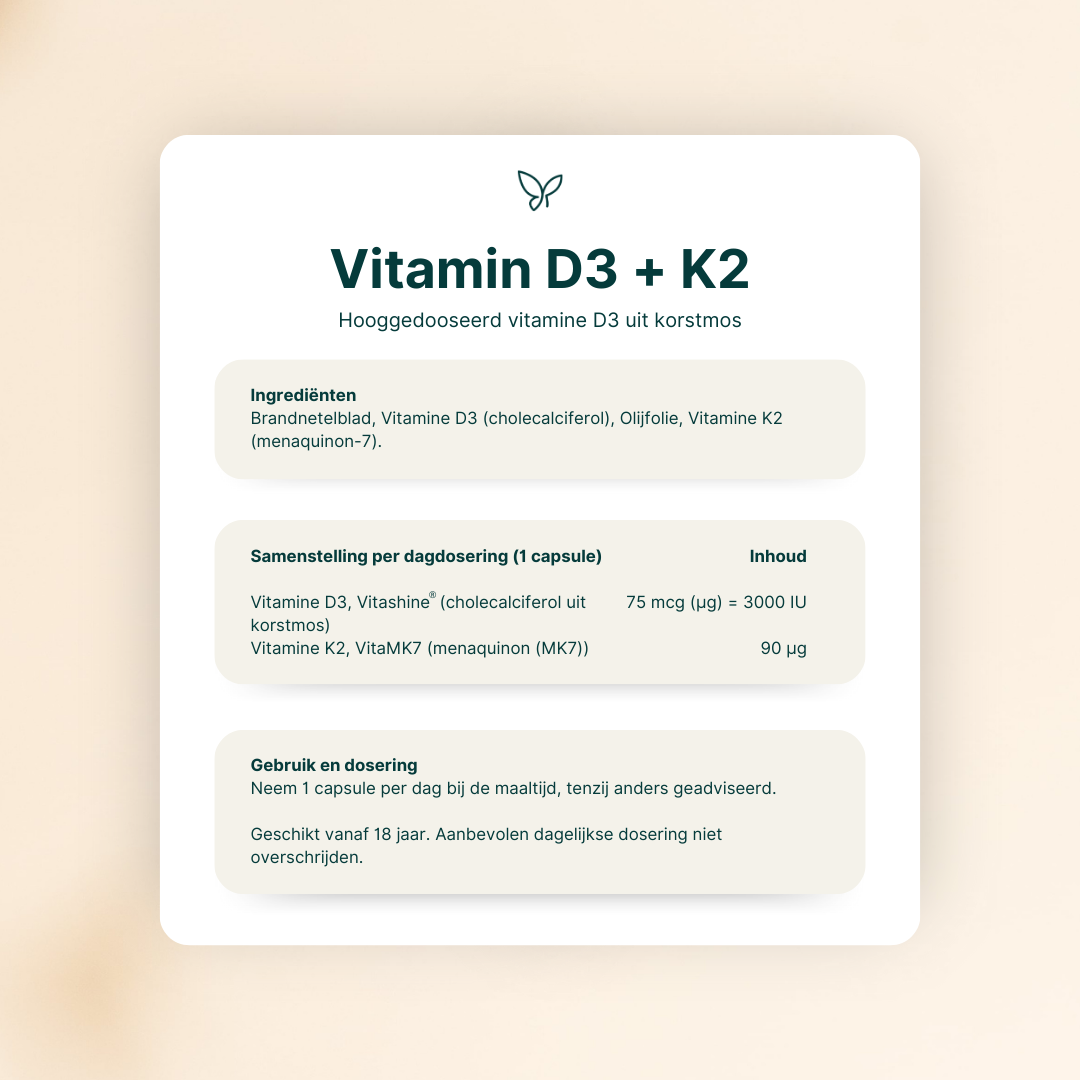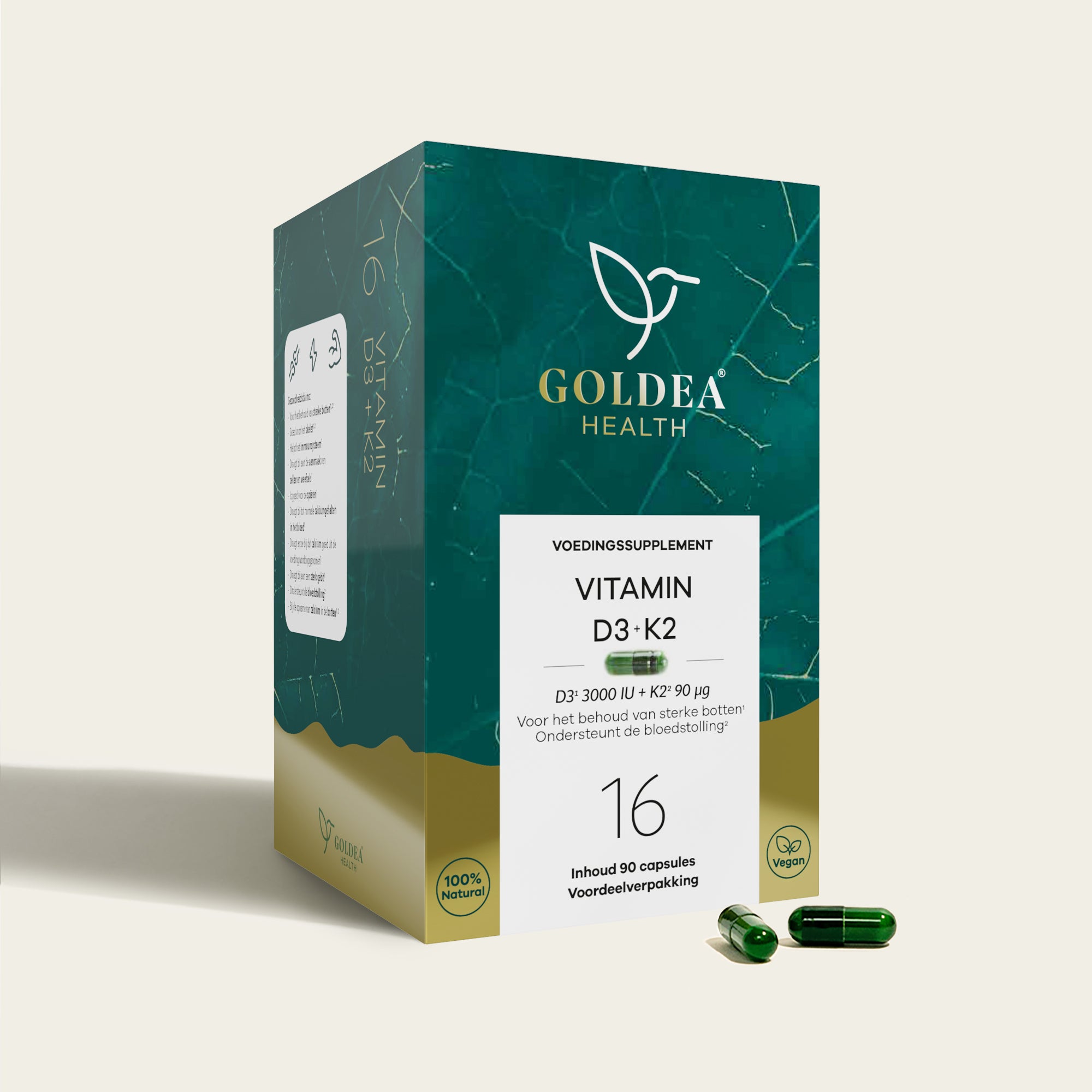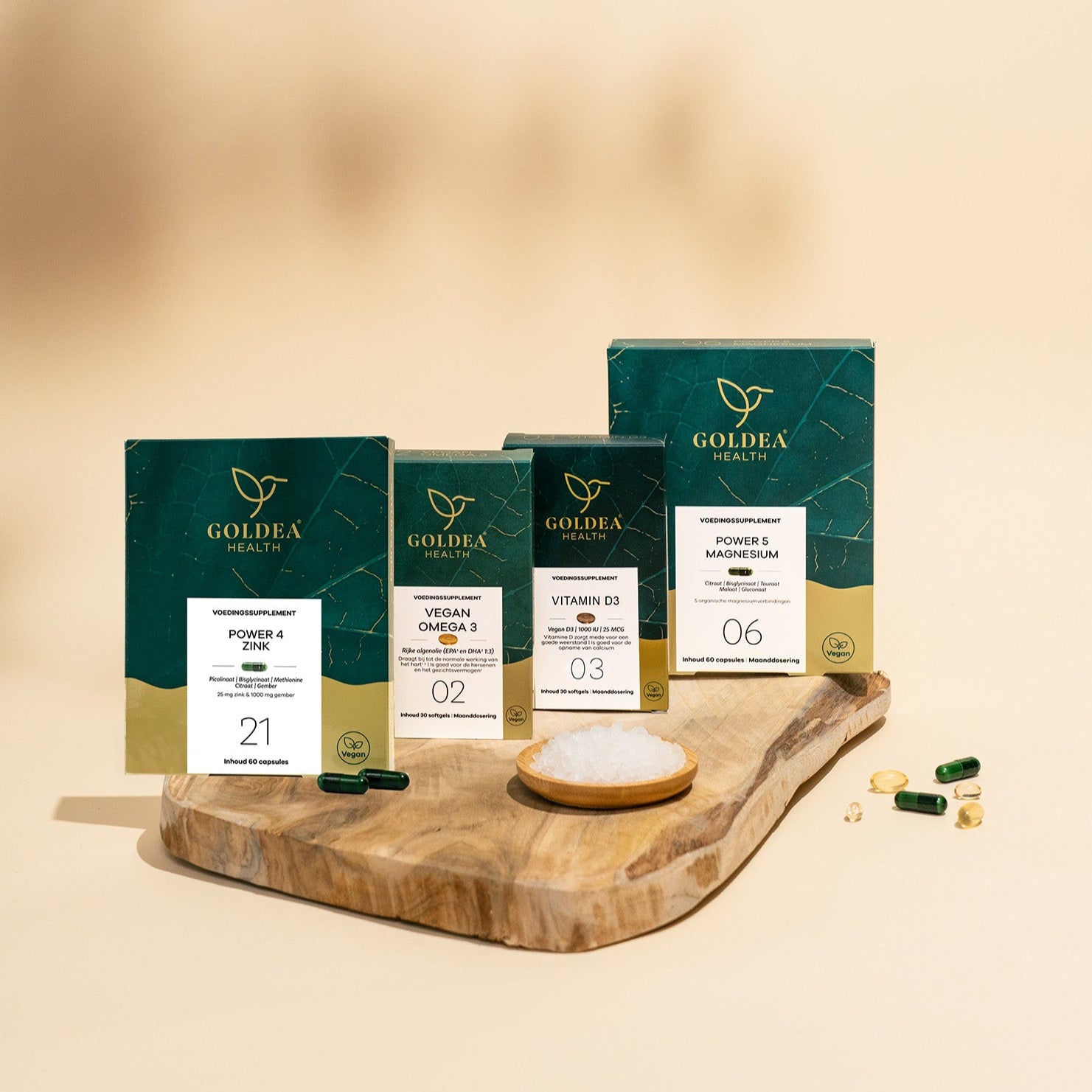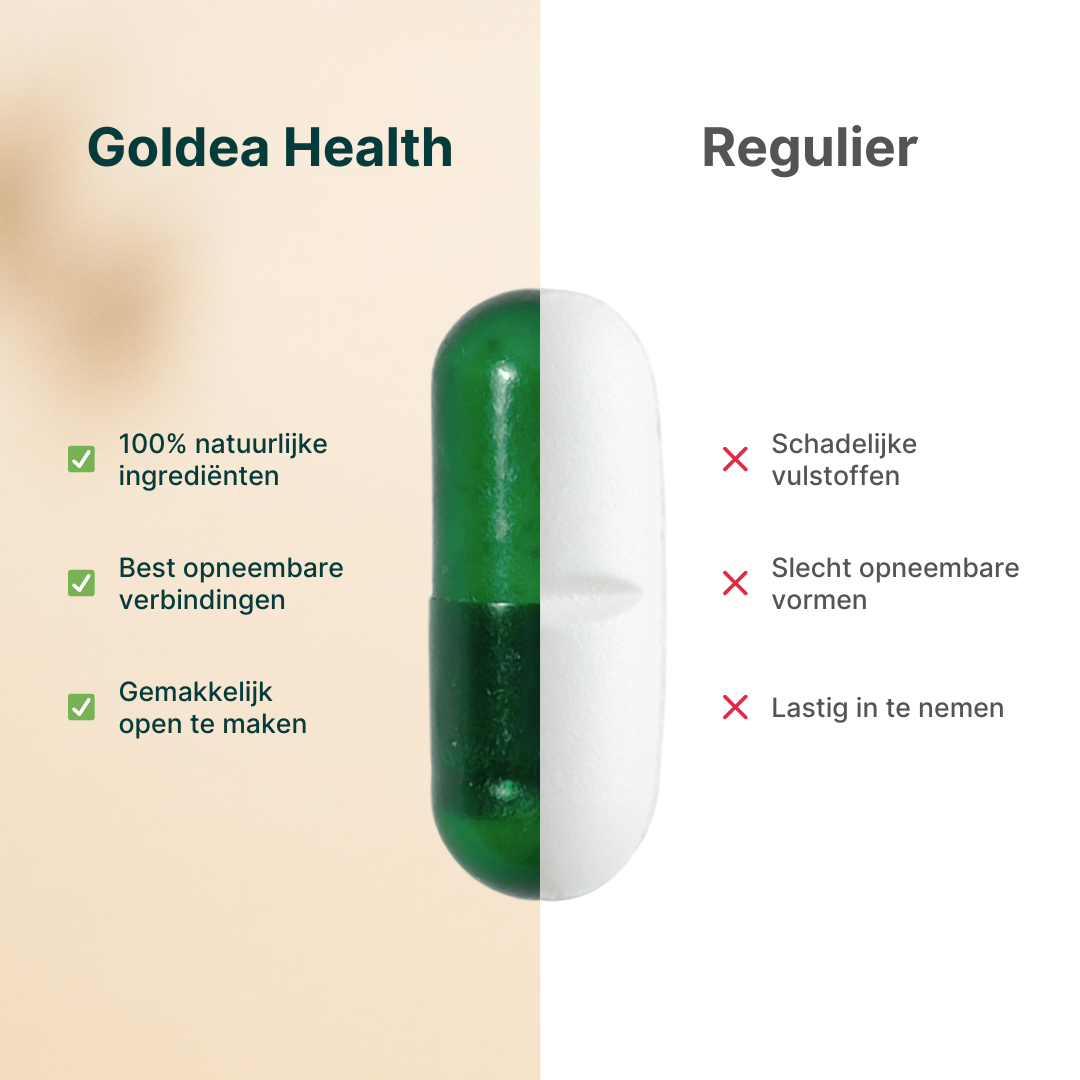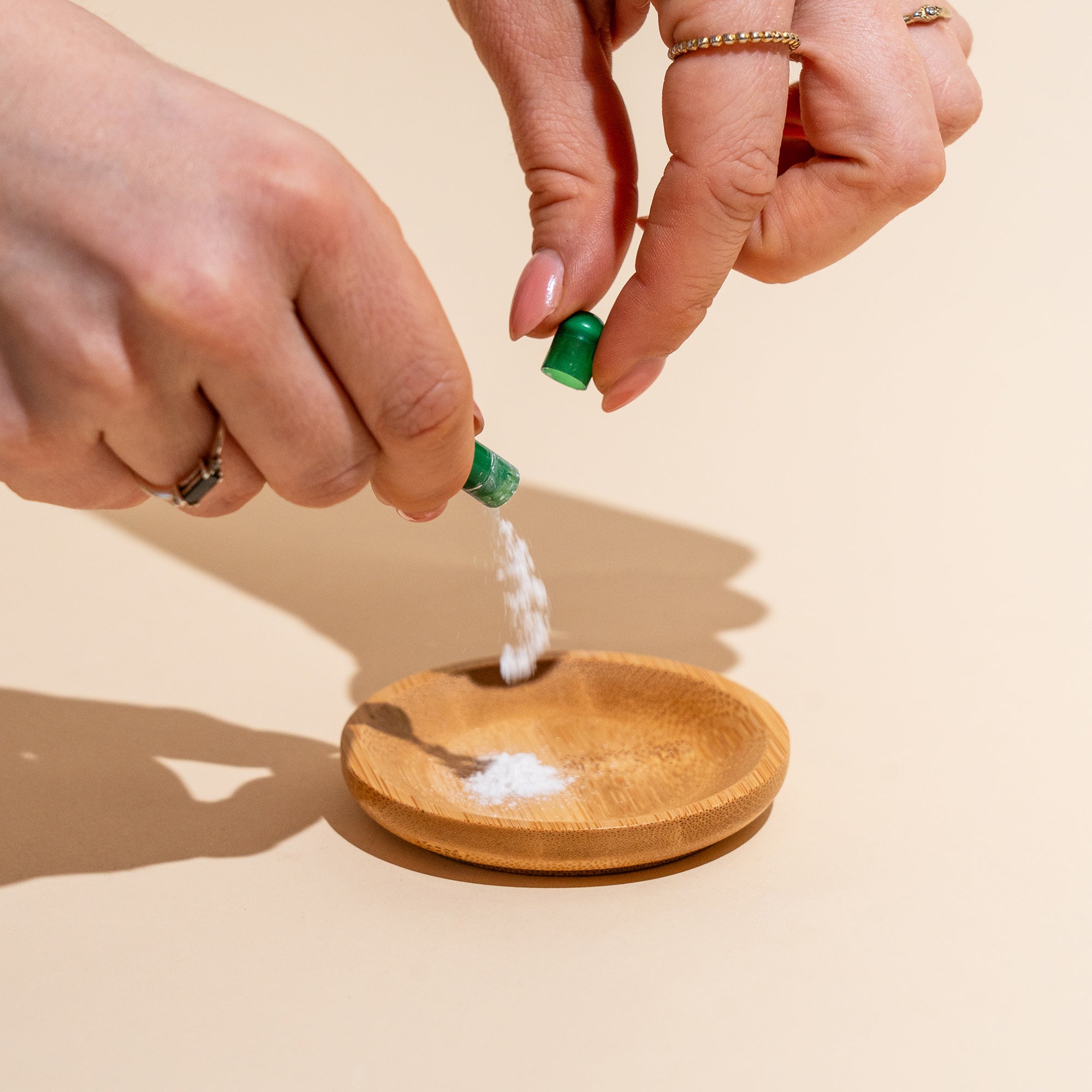*Jung, JY, Kwon, HH, Hong, JS, Yoon, JY, Park, MS, Jang, MY, & Suh, DH (2014). Effect of dietary supplementation with omega-3 fatty acid and gamma-linolenic acid on acne vulgaris: a randomized, double-blind, controlled trial. Acta dermato-venereologica , 94 (5), 521–525. https://doi.org/10.2340/00015555-1802
*Rubin, M.G., Kim, K., & Logan, A.C. (2008). Acne vulgaris, mental health and omega-3 fatty acids: a report of cases. Lipids in health and disease , 7 , 36. https://doi.org/10.1186/1476-511X-7-36
*Balbás, GM, Regaña, MS, & Millet, PU (2011). Study on the use of omega-3 fatty acids as a therapeutic supplement in treatment of psoriasis. Clinical, cosmetic and investigative dermatology, 4, 73–77. https://doi.org/10.2147/CCID.S17220*
*Meenakshi Umar, Konduru S. Sastry, Fatima Al Ali, Moza Al-Khulaifi, Ena Wang, Aouatef I. Chouchane; Vitamin D and the Pathophysiology of Inflammatory Skin Diseases. Skin Pharmacol Physiol February 28, 2018; 31(2):74–86. https://doi.org/10.1159/000485132*
*Ambagaspitiya, SS, Appuhamillage, GA, & Wimalawansa, SJ (2025). Impact of Vitamin D on Skin Aging, and Age-Related Dermatological Conditions. Frontiers in bioscience (Landmark edition), 30(1), 25463. https://doi.org/10.31083/FBL25463*
*Gaeun Kim, Ji-Hyun Bae, Vitamin D and atopic dermatitis: A systematic review and meta-analysis, Nutrition, Volume 32, Issue 9, 2016, Pages 913-920, ISSN 0899-9007, https://doi.org/10.1016/j.nut.2016.01.023*






